The Culture and Cuisine of Senegal
A Culinary and Cultural Tour of West Africa’s Vibrant Nation
Senegal, nestled on the western coast of Africa, is a country rich in cultural heritage, vibrant traditions, and delicious cuisine.
Known for its warm hospitality and diverse influences, Senegal offers an immersive experience that celebrates its history, music, art, and food. Join us as we embark on a culinary and cultural journey through this fascinating West African nation.
1. The Heartbeat of Senegalese Culture
Dakar: The Pulse of Senegal: Senegal’s capital, Dakar, is a bustling metropolis where tradition and modernity intertwine. The city is a cultural hub, featuring lively markets, historic landmarks, and a thriving arts scene.
Visit the Dakar Grand Mosque, one of the largest mosques in Africa, and explore the vibrant local markets like Marché Sandaga and Marché Kermel.
Gorée Island: Just a short ferry ride from Dakar, Gorée Island is a UNESCO World Heritage site with a poignant history.
The island was a major center in the transatlantic slave trade, and its Maison des Esclaves (House of Slaves) offers a sobering glimpse into this dark chapter of history.
The island’s colonial architecture and tranquil atmosphere make it a captivating place to explore.
Traditional Festivals: Senegal is renowned for its vibrant festivals and celebrations. The Dakar Biennale, or Dak’Art, is a major contemporary art event that attracts artists and visitors from around the world.
The Festival of African Cinema (FESPACO) showcases the continent’s best films, while the vibrant Senegalese music scene features genres like mbalax, a popular rhythm-driven style.
2. A Feast for the Senses: Senegalese Cuisine
Thieboudienne (Chebu Jen): Senegal’s national dish, thieboudienne, is a flavorful combination of fish, rice, and vegetables.
Cooked in a rich tomato sauce with spices and herbs, this hearty dish reflects Senegal’s coastal heritage and is a staple at family gatherings and special occasions.
Yassa: Another beloved dish is yassa, typically made with marinated chicken or fish cooked in a tangy onion and lemon sauce. The dish’s zesty flavor and aromatic spices make it a favorite among locals and visitors alike.
Mafé: Mafé, a savory stew made with meat, vegetables, and a rich peanut sauce, is a comforting and filling meal. The combination of peanuts and spices creates a unique and satisfying flavor profile that is quintessentially Senegalese.
Bissap and Ginger Juice: Senegalese beverages are as diverse as its cuisine. Bissap, a refreshing drink made from hibiscus flowers, is both tart and sweet, often enjoyed chilled. Ginger juice, known for its spicy kick and invigorating taste, is another popular choice.
Street Food and Snacks: Senegalese street food offers a delightful range of flavors. Try accara (deep-fried bean cakes), pastels (savory pastries filled with meat or fish), and chebbu yapp (spicy meatballs). These snacks provide a taste of Senegalese culinary creativity and are perfect for on-the-go indulgence.
3. Exploring Senegal’s Rich Cultural Heritage
Senegalese Music and Dance: Music is the heartbeat of Senegalese culture, with traditional rhythms and contemporary styles reflecting the nation’s diverse influences.
Mbalax, popularized by artists like Youssou N'Dour, blends traditional drumming with modern beats. Attend a live music performance or dance to the infectious rhythms of Senegalese drum ensembles.
Art and Craftsmanship: Senegalese art is renowned for its vibrant colors and intricate designs. Explore local galleries and markets to discover traditional crafts such as batik textiles, carved wooden masks, and intricate beadwork. The craftsmanship reflects the country’s cultural heritage and artistic expression.
Traditional Clothing: Senegalese fashion is characterized by bright colors and elegant designs. Traditional garments like the boubou (a flowing robe) and the kaftan are often worn for special occasions and ceremonies. The use of rich fabrics and elaborate embroidery showcases the artistry and cultural pride of Senegalese fashion.
Stay Informed and Inspired!
Want to explore more of Senegal's culture, cuisines, breathtaking landscapes and get insider tips for your next adventure? Subscribe to our newsletter for the latest updates, travel guides, and exclusive offers.
4. Travel Tips for Experiencing Senegal
Best Time to Visit: The best time to visit Senegal is during the dry season, from November to April, when the weather is warm and sunny. This period is ideal for exploring the country’s outdoor attractions and participating in cultural events.
What to Pack: Pack lightweight, breathable clothing for warm weather, along with a hat, sunglasses, and sunscreen. Comfortable walking shoes are essential for exploring markets and historical sites. Consider bringing a light jacket for cooler evenings.
Health and Safety: Ensure you have the necessary vaccinations and take precautions against malaria. Drink bottled or filtered water and be mindful of food hygiene to avoid illness.
Local Etiquette: Senegalese people are known for their warmth and hospitality. Greet with a friendly “Bonjour” or “As-Salaam-Alaikum” and respect local customs and traditions. It’s also polite to ask permission before taking photos, especially in rural areas.
5. Sustainable Tourism
Respect Local Customs: Engage with local communities respectfully and support sustainable tourism practices. Respect cultural traditions and participate in activities that promote environmental conservation and social responsibility.
Support Local Economy: Contribute to the local economy by purchasing handmade crafts and eating at locally-owned restaurants. Your support helps sustain traditional industries and provides economic benefits to local communities.
Embracing the Essence of Senegal
Senegal's rich tapestry of culture and cuisine offers a captivating journey through one of West Africa's most vibrant nations.
From the bustling streets of Dakar to the serene beauty of Gorée Island, Senegal presents a unique blend of history, tradition, and modernity. Its culinary delights, including thieboudienne, yassa, and mafé, are a true reflection of its diverse heritage and coastal influences.
As you explore Senegalese music, art, and traditional practices, you'll gain a deeper appreciation for this dynamic country. Immerse yourself in its warm hospitality, vibrant festivals, and tantalizing flavors, and discover why Senegal stands out as a must-visit destination in West Africa.
Don't Miss Out on More Cultural Journeys!
Dive deeper into Senegal and beyond by subscribing to our newsletter. Stay updated with the latest travel tips, cultural insights, and culinary delights from around Africa.
Join our community of avid explorers and never miss a beat on your next adventure. Subscribe now and embark on a journey of discovery with us!




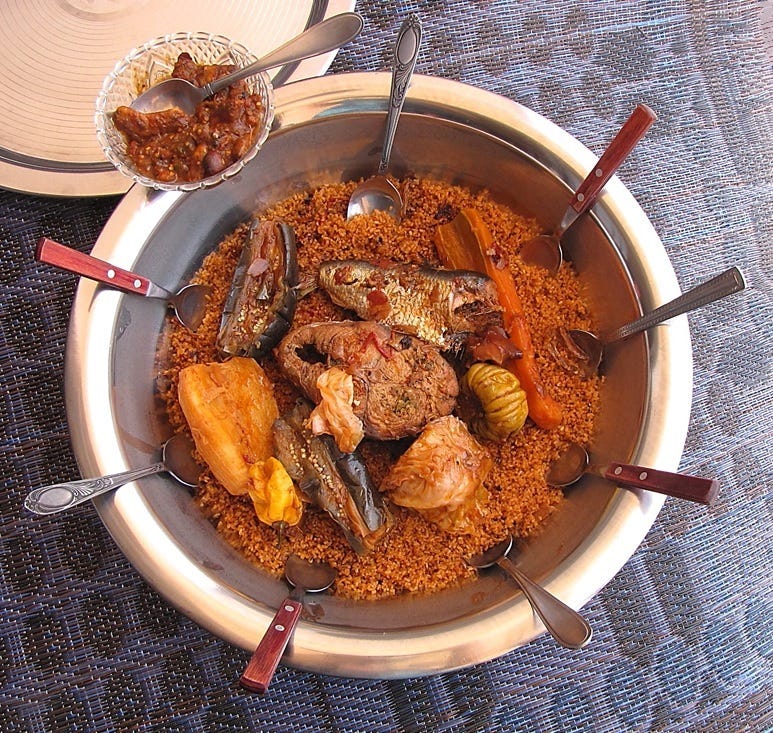
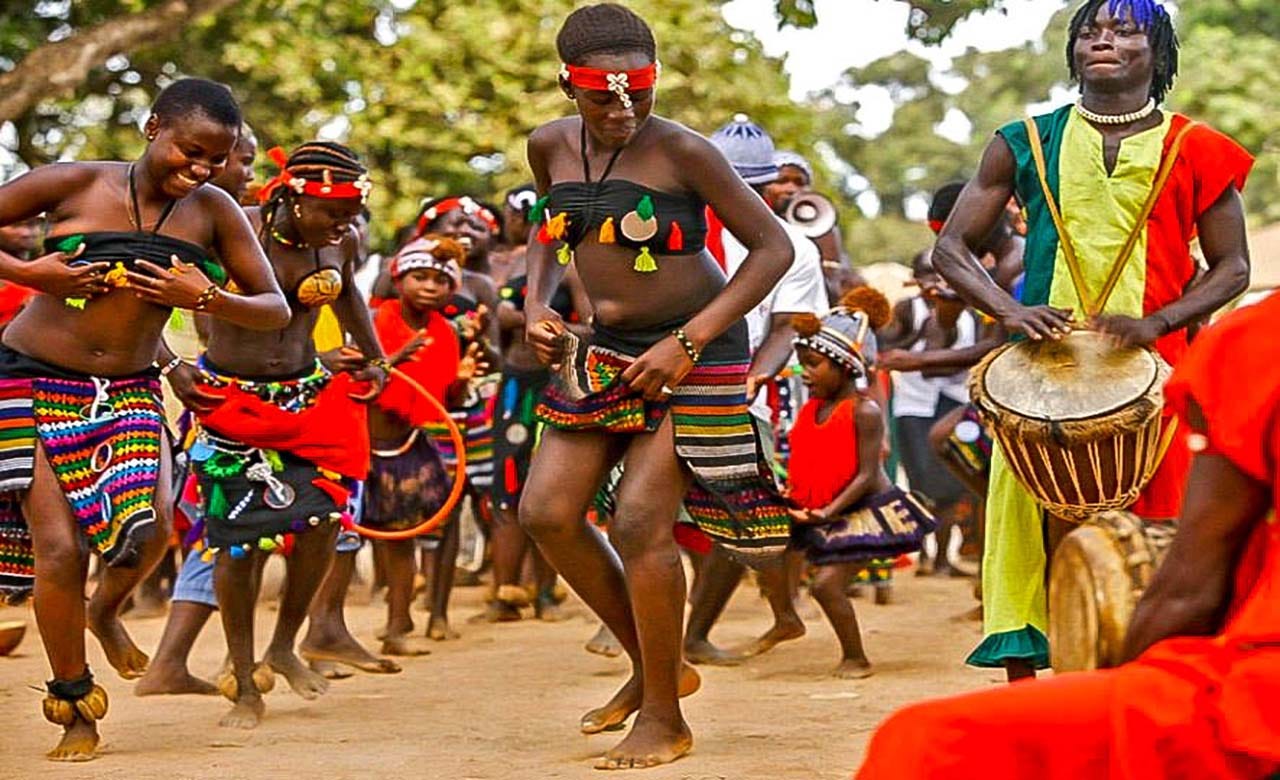
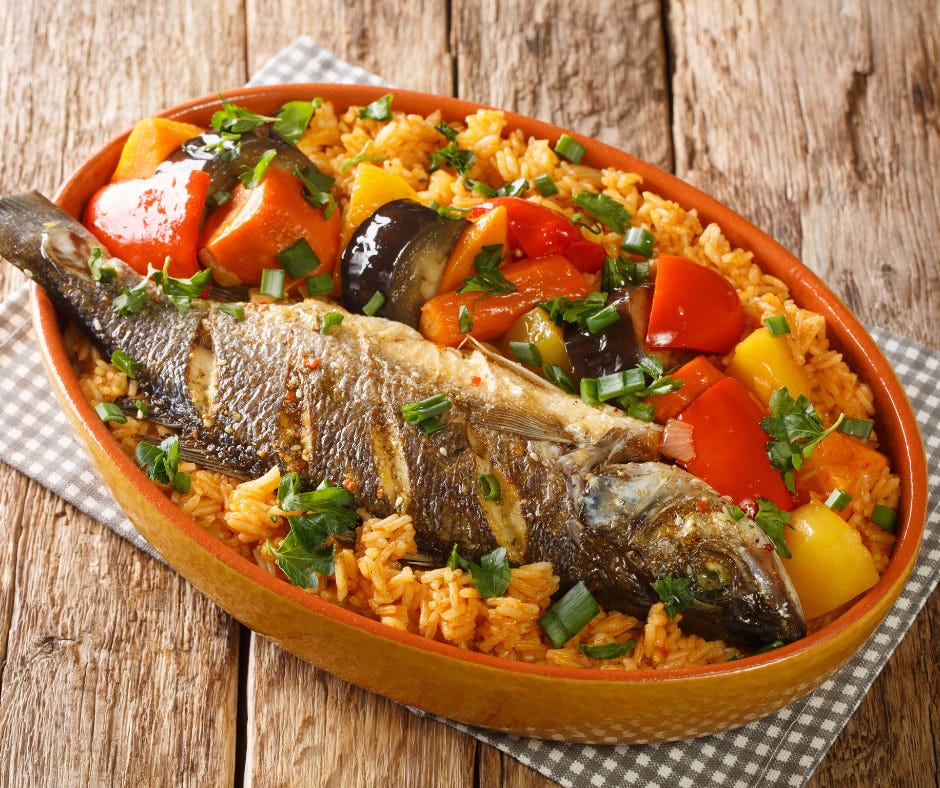
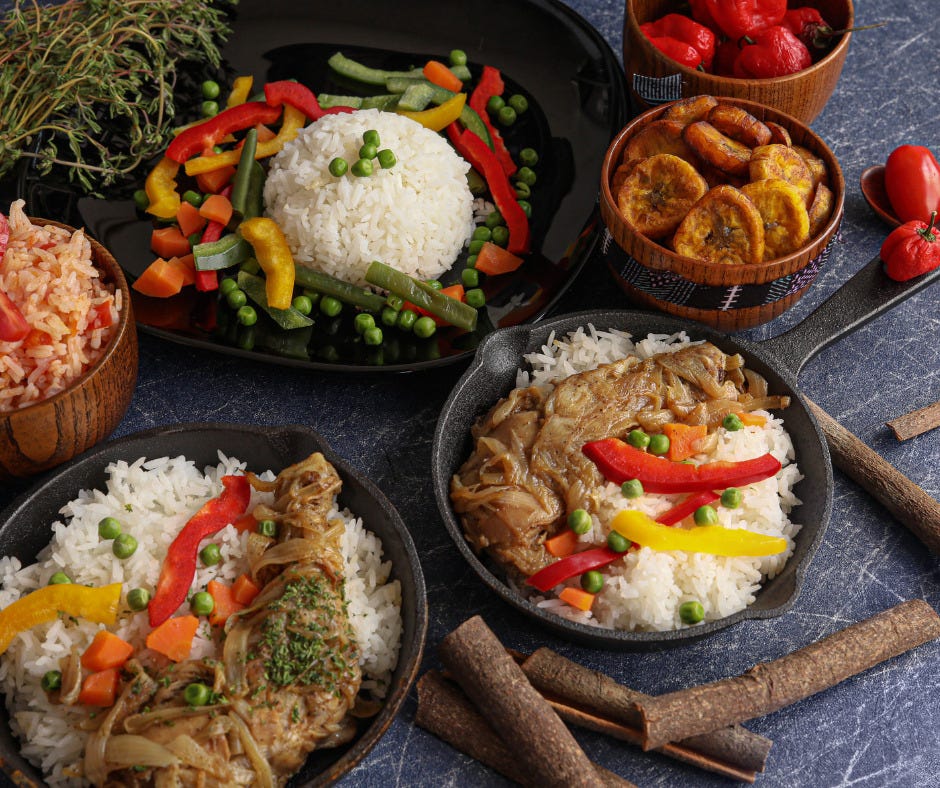
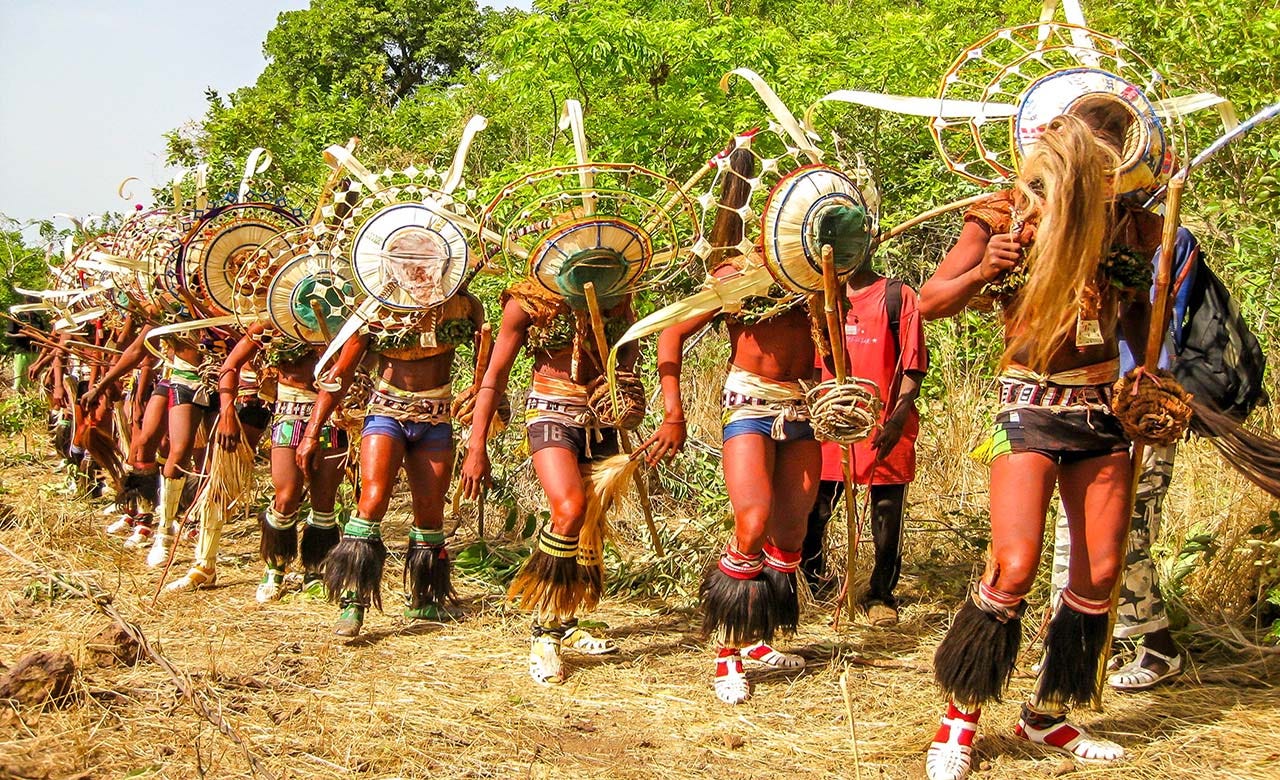
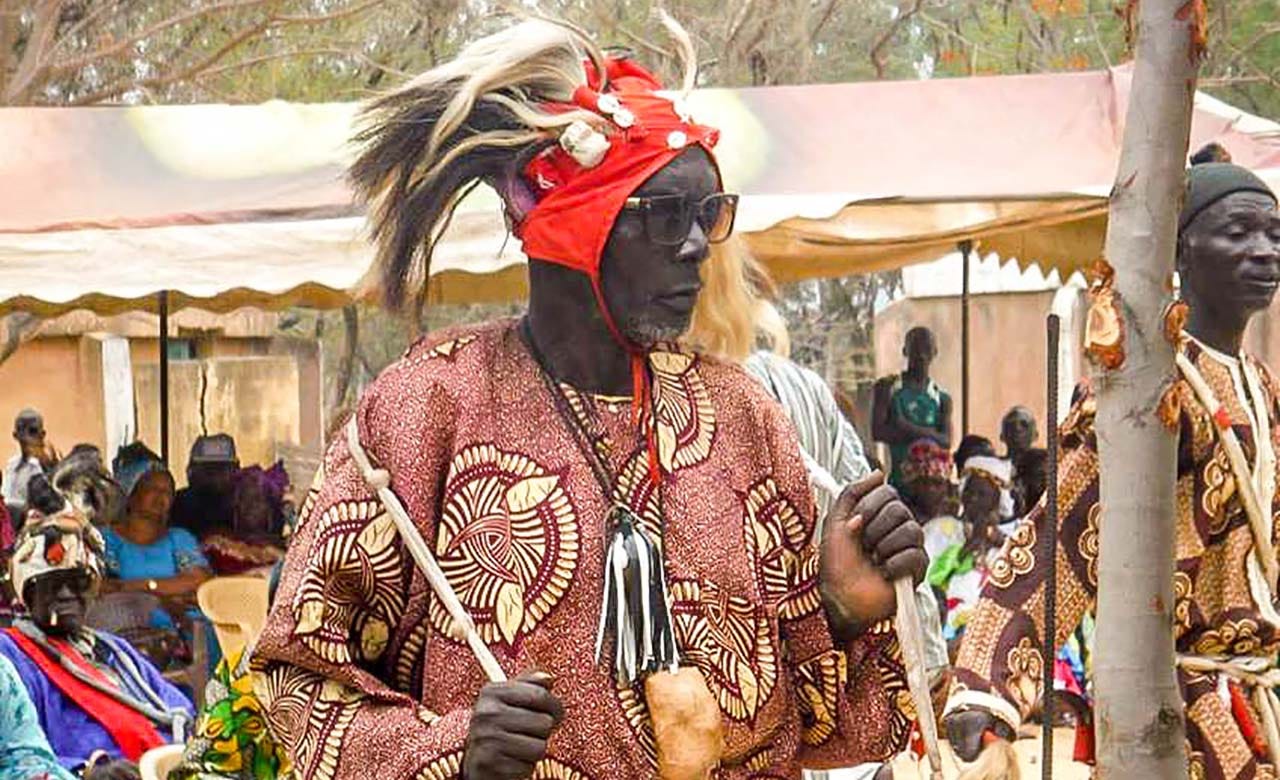
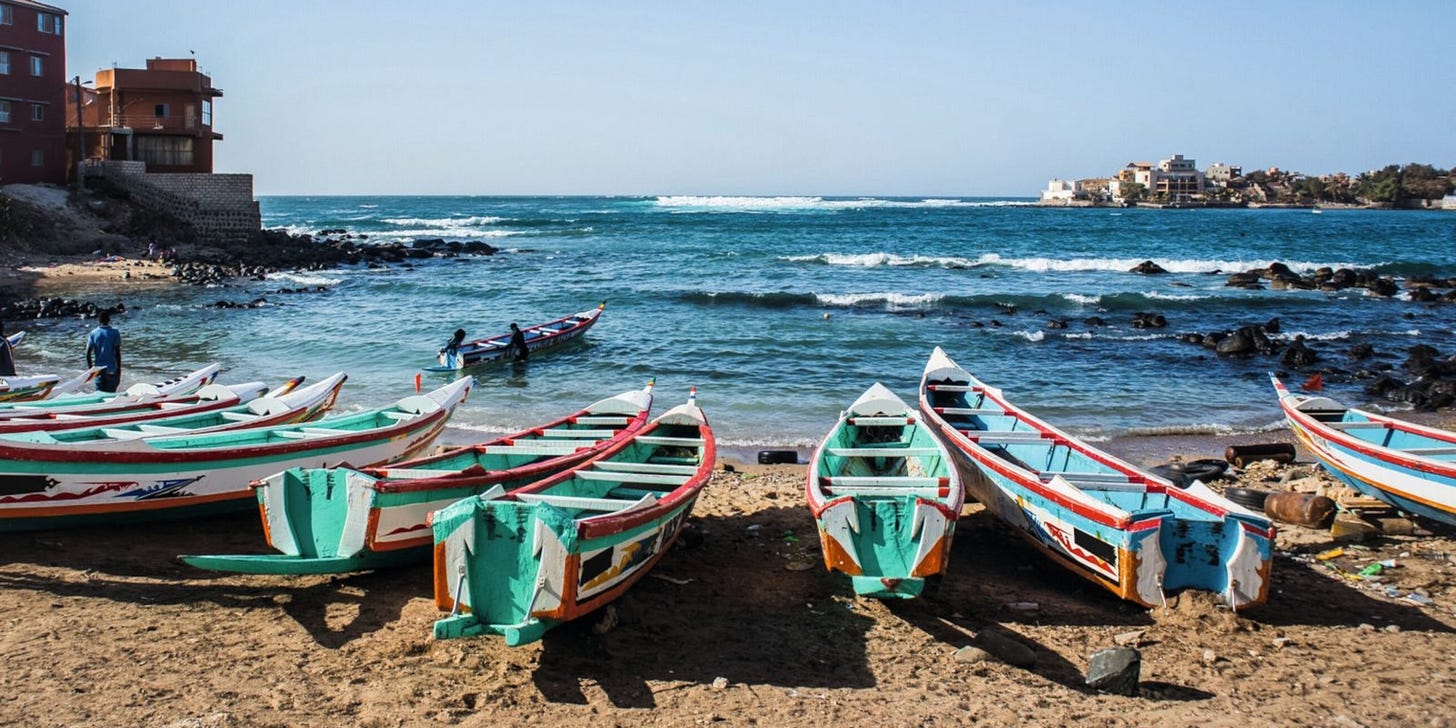
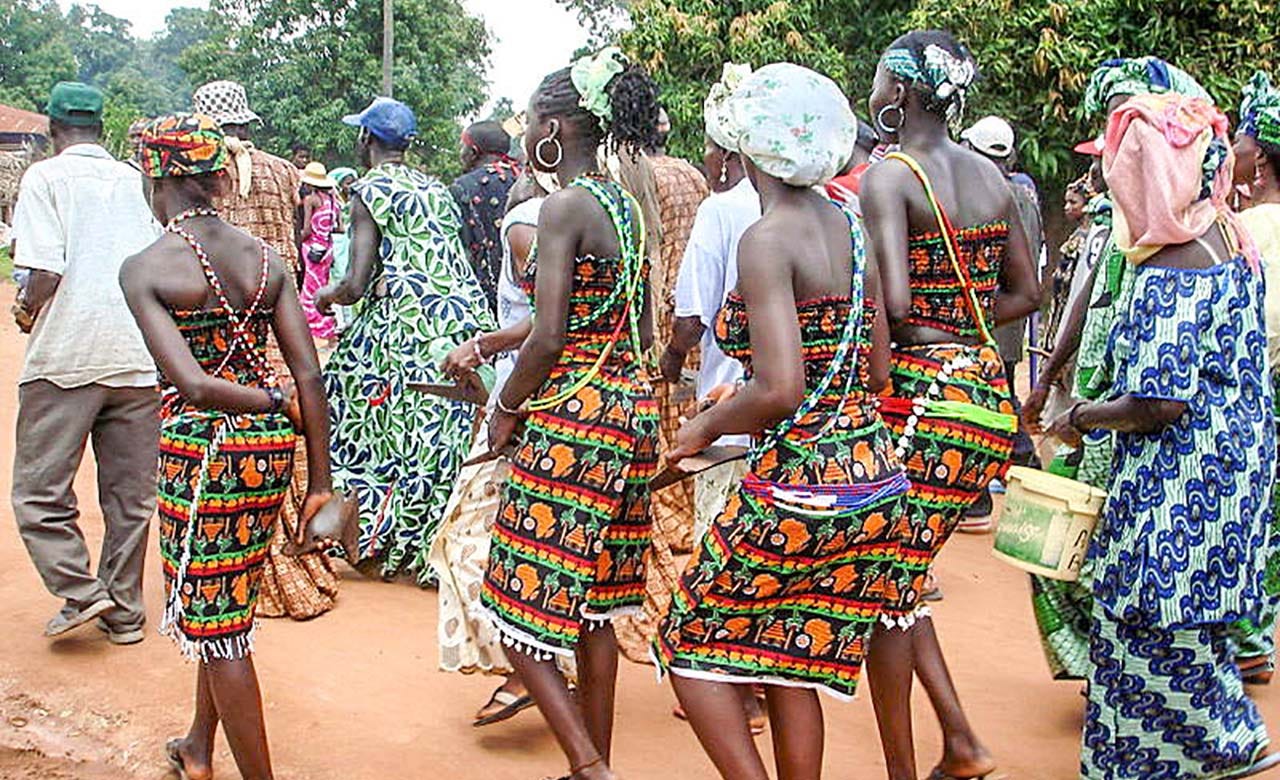
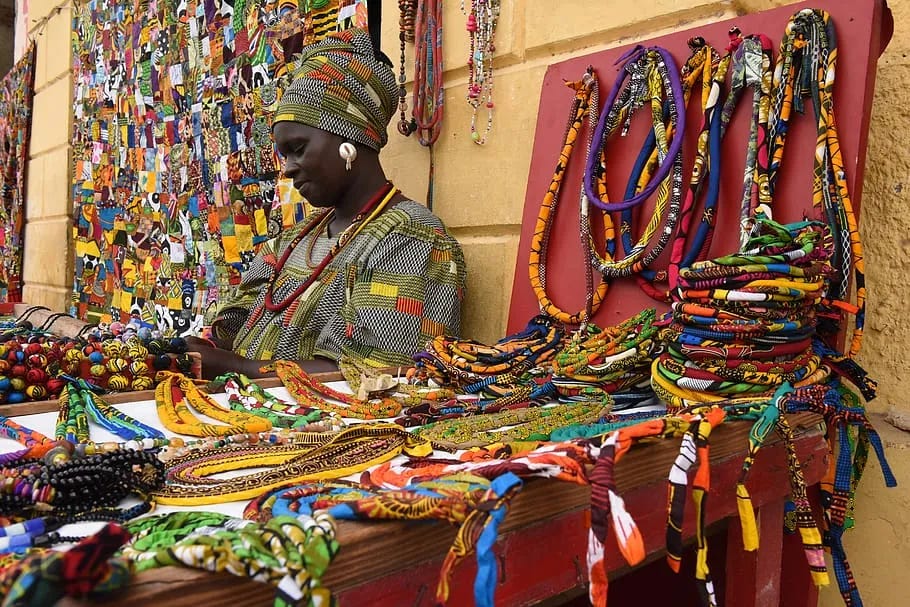
Hello Enoch and all. Please see/share our research and help us improve it if you can. Thank you!
https://michaelatkinson.substack.com/
Sincerely,
Michael
🦖
Senegalese food is amazing and the people are warm and welcoming.